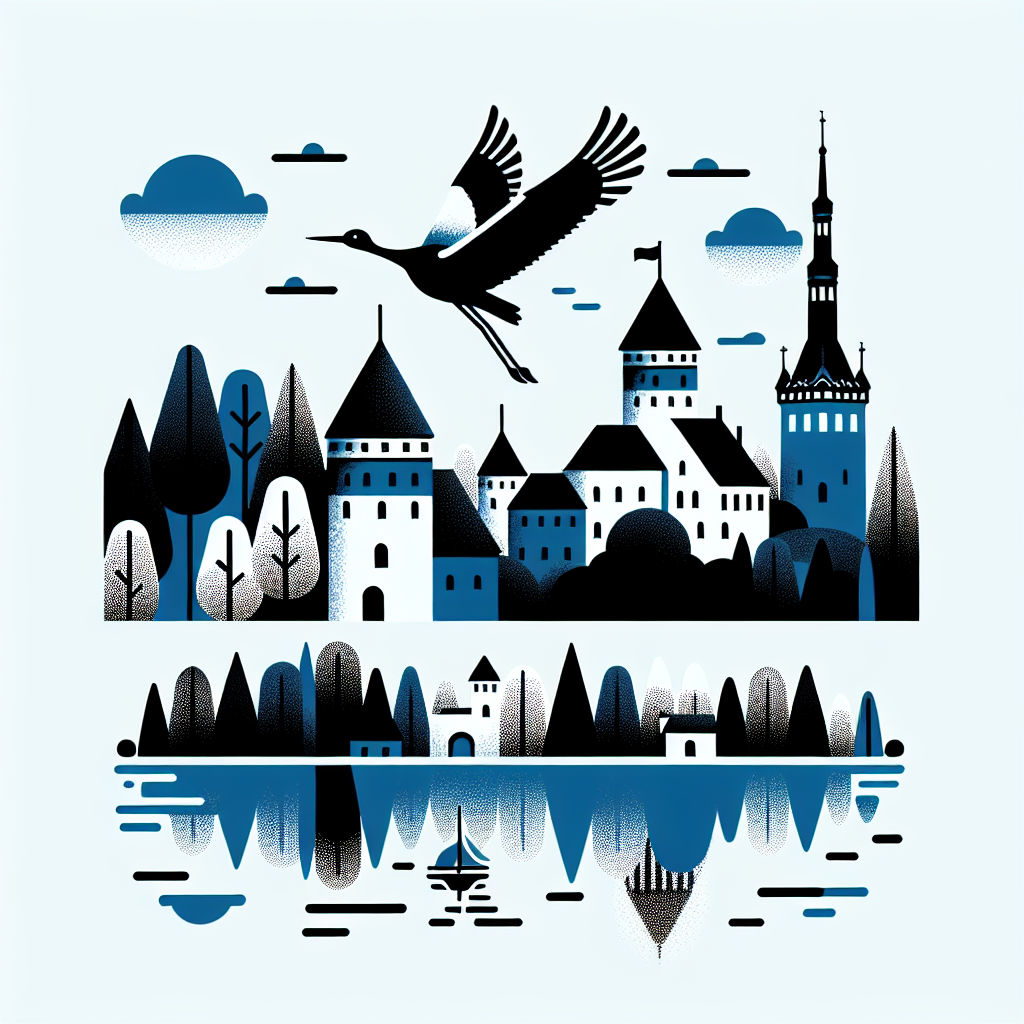Blasting out of her chunky white headphones is Miley Cyrus’s self-love anthem, ‘Flowers’. I smile at the girl sitting next to me on the steel bench. We are in the small neighbourhood branch of a government bank in South Kolkata filled with senior citizens .
She smiles back and begins talking. I am from California. She is headed there soon—straight into my neighbourhood, in fact, to study neuroscience.

I give her tips. Two minutes into our banter, she breaks down incoherently, but of course, it makes sense to me. After all, I am a woman myself.
“You know I tried my best. We were so damn alike.” She goes on to tell me about her love saga gone wrong.
I squeeze her hand in support. Our parents who brought us here have no idea what has transpired between us. Two complete strangers bonded so deeply in a strange place against the background of a song about healing a broken heart playing on loop.
Over the past four years, this has become my daily life. One that began with the India book tour for my last book, The Water Phoenix, an award-winning magic realism memoir of a sexually abused child’s lifelong search for love. Readers had found themselves in her, healed themselves as they read along, emerging joyous , lighter, purged.
They couldn’t stop telling me their stories when they met me at book events. I, a stranger who had returned to India after two decades, was the best friend they never had, their journal and the teddy bear they wanted to show everywhere. That is the power of telling your story.
It’s never about you. They brought their mothers, grandmothers and lovers and told me about taboo bonds with no names. Despite belonging to big families or being coupled up, the stories inside them spoke of overwhelming loneliness and invisibility.
The posh woman from a powerful family in New Delhi who broke down in the powder room of a five-star hotel because of how unbearable her perfect marriage was and how nobody saw her. The classic chorus from loved ones: “But he doesn’t hit you!” “Why doesn’t he? He might as well. That would actually be more bearable,” she tears up as she reapplies her concealer and mascara, fixes her lipstick and powders her face before walking out as if nothing had happened.
In a country renowned for inventing the concepts of joint family and arranged marriage, it is the intimacy and kindness of strangers that provide shelter to lonely Indian women. There was the woman who had never married the love of her life, a husband to someone else who left behind two widows when he passed away. This woman thought of herself as a wife and observed the same rituals as her deceased beloved’s widow , the one recognised by society and the law.
The pain of loving and grieving in silence and solitude. An entire life of loyalty gone unseen. The fragile grandmother in her late eighties with zero financial independence, who was ridiculed by her own family when she demanded a divorce so she could live out her remaining years in peace.
The woman who was beaten and raped by her husband so heinously that she needed multiple plastic surgeries . Today, she counsels other young victims. Queer women whose families impose marriage upon them—sometimes successfully—but are still able to live their truth thanks to the gentleness, comfort and support of strangers.
There are approximately 73 million single women in India, 7.6 million more than the population of the entire United Kingdom which is estimated to be at 67.6 million according to a mid-2022 statistic.
I collected tsunamis of these women’s stories for my new book How India Loves: Love Stories from the World’s Largest Democracy (published by Bloomsbury). Many stores have placed my book alongside titles by powerful women like Angela Merkel and Hillary Clinton. But to me, it is these unsung women who have nobody but each other, who continue to find joy, sex and romance with each other’s help, who are the real heroes.
A domestic worker featured in How India Loves cannot read or write in English but bought a copy of the book and placed it on the small altar in her hut next to painted clay idols and dog-eared photos of Hindu goddesses . It was one of the most moving moments of my life. I was just another stranger to her and the fact that she had shelled out money she didn’t have to buy a book she didn’t need brought me to tears.
It is impossible to sum up what my extensive research for the book taught me about the loneliness of an entire nation. To me, it’s about India’s women—the girl at the bank, the grandmother seeking a divorce, the domestic worker and every woman I have had the honour to write about. Each and every one of them is a goddess come to life.
Rituparna Chatterjee is an award-winning author and essayist. A former foreign correspondent and columnist for The Economic Times and The Times of India, Chatterjee is well-known for ‘California Dreaming’—her long-standing column on her life as a global Indian. Her books include the award-winning and bestselling ‘The Water Phoenix’, ‘An Ordinary Life’ and the latest ‘How India Loves: Love Stories from the World’s Largest Democracy’, which has just been published by Bloomsbury.
Also read: Feeling isolated or lonely at home? Here's how to cope Toxic self-love may be making you feel lonelier than ever Indian women at leisure lie at the heart of feminist liberation.
Entertainment

In the absence of understanding family members, Indian women find solace in the sisterhood of strangers

Blasting out of her chunky white headphones is Miley Cyrus’s self-love anthem, ‘Flowers’. I smile at the girl sitting next to me on the steel bench. ...















